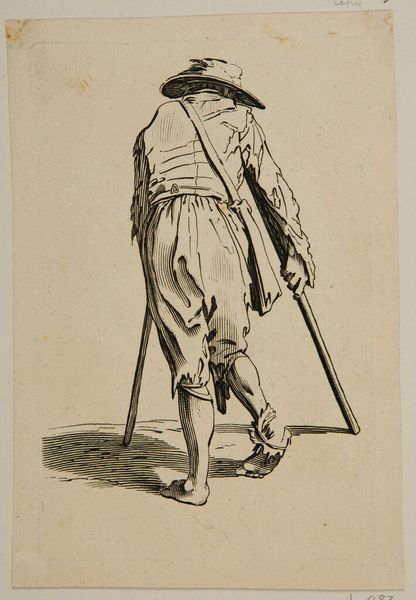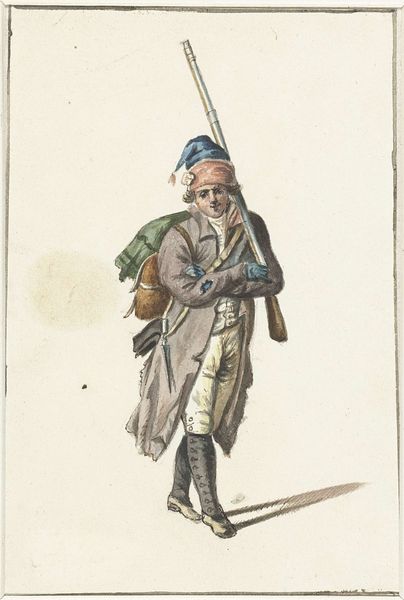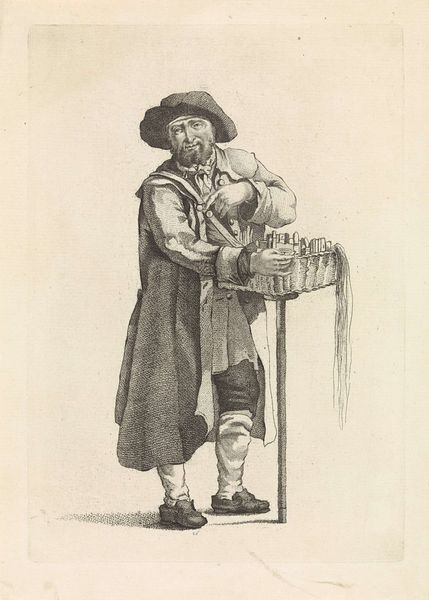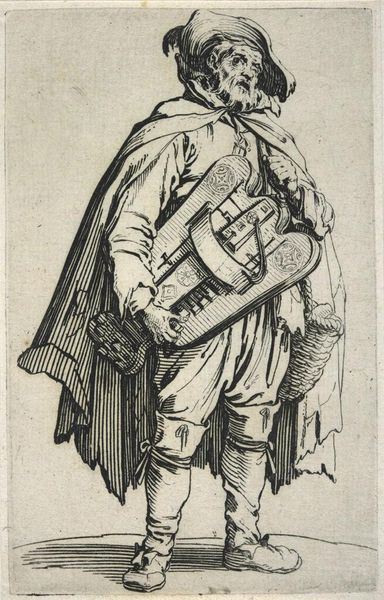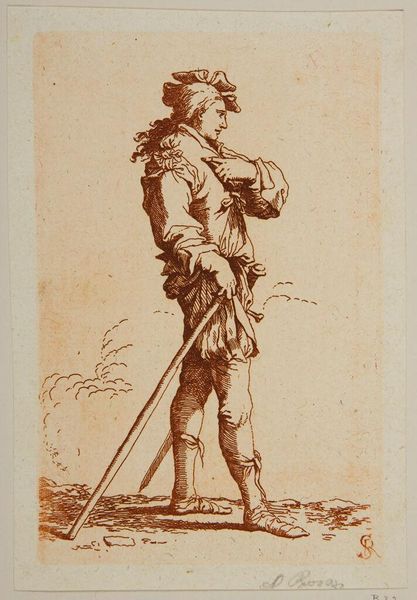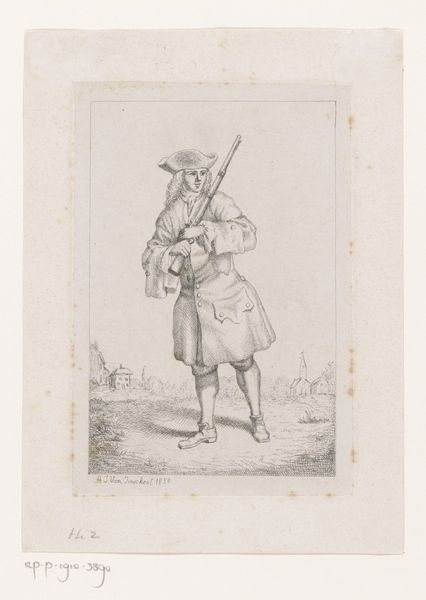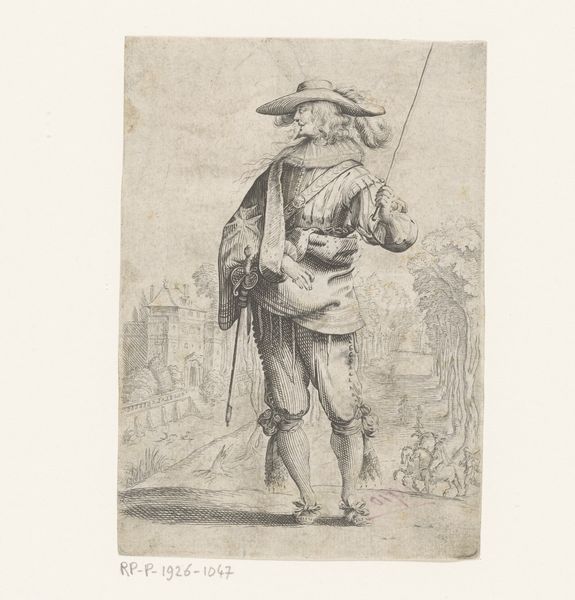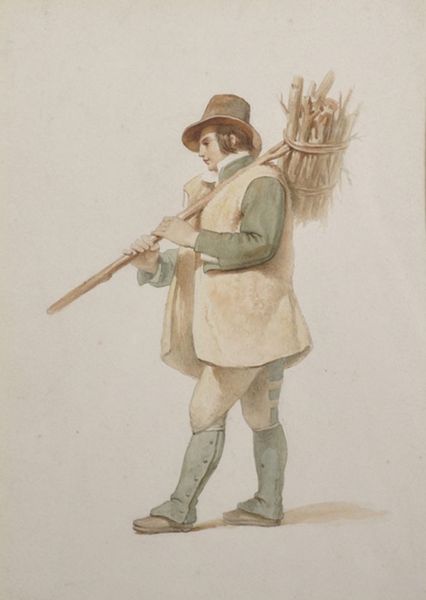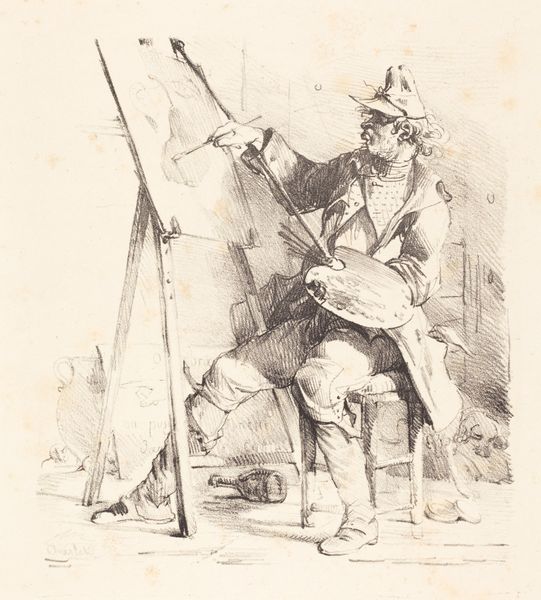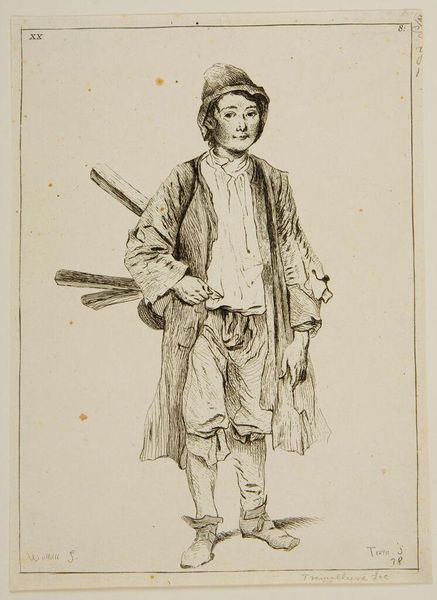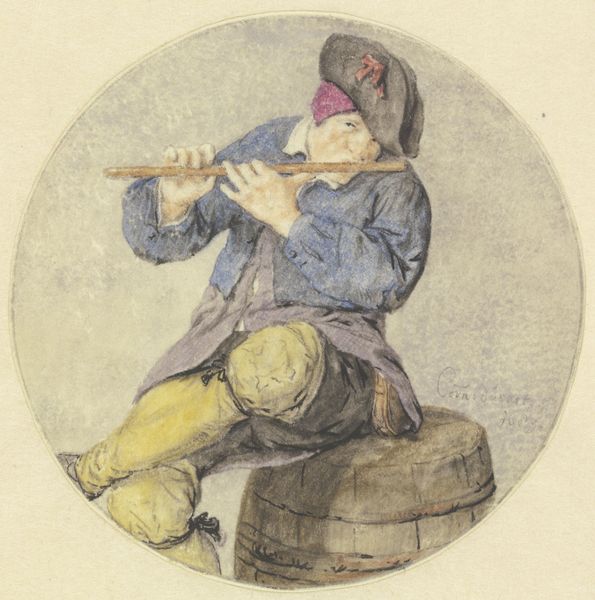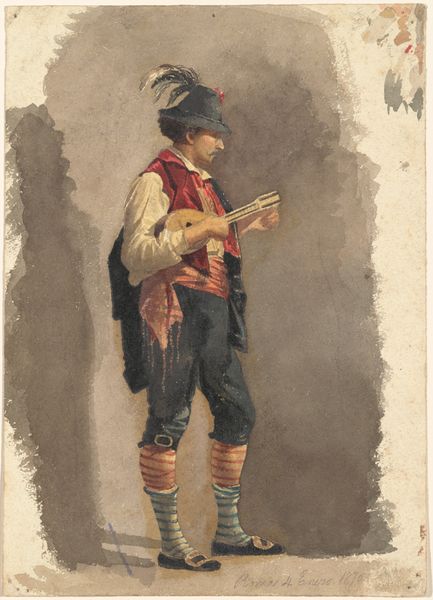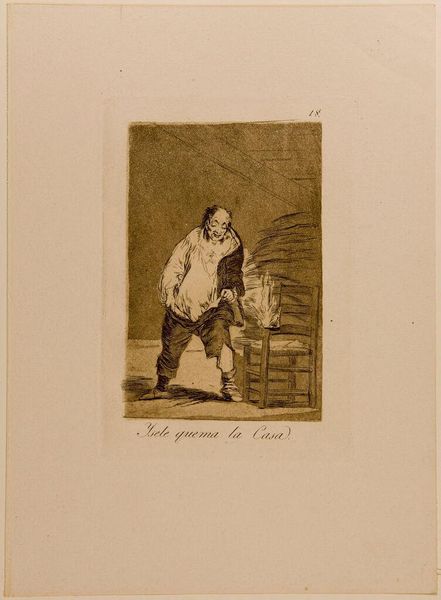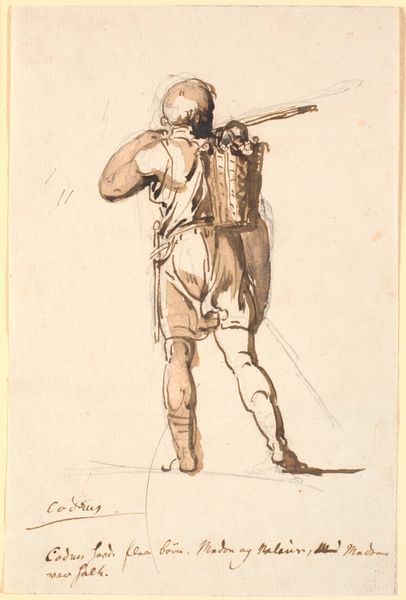
watercolor
#
portrait
#
watercolor
#
portrait art
#
realism
Copyright: Public domain
Carl Haag, a German artist who later became known for his Orientalist paintings, made this watercolor painting called "Fisherman". Haag's identity as a foreigner allowed him to observe and depict his subjects with a sense of distance and presumed objectivity. The fisherman appears as a sort of ethnographic study, part of a larger visual archive of types of people and professions. The loose brushstrokes give an impression of authenticity, showing a working man in his element. Yet, this is also a constructed image where the laboring class is rendered palatable for bourgeois consumption. What stories are missed or glossed over when we flatten individual lives into representations? Consider how artists of this period navigated the complexities of observing and depicting cultures and individuals outside their own lived experience.
Comments
No comments
Be the first to comment and join the conversation on the ultimate creative platform.
